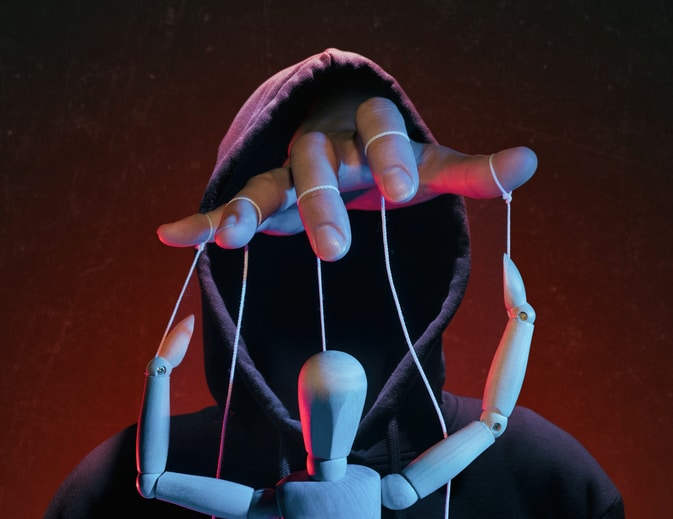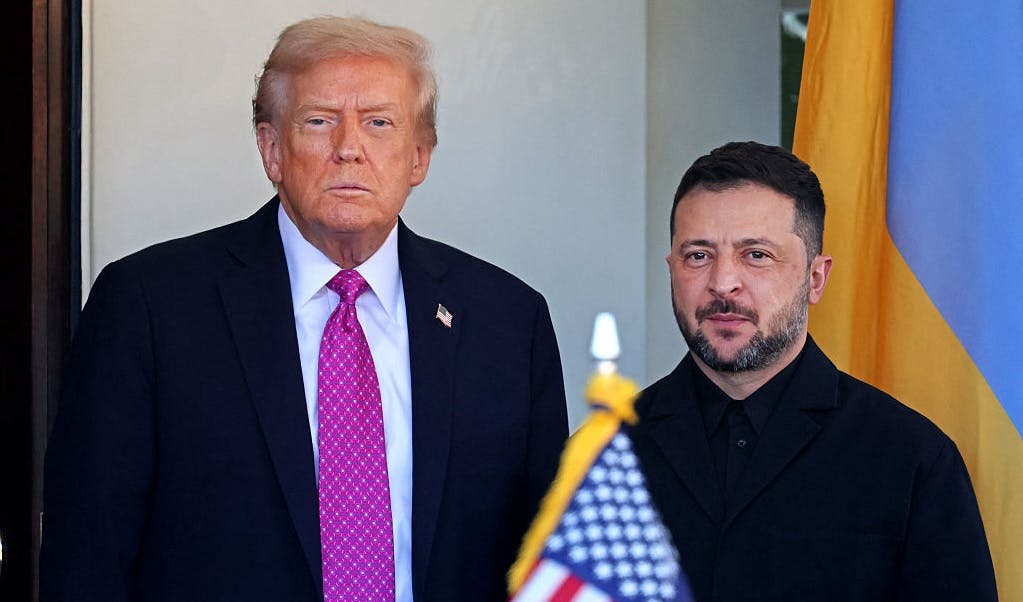
www.dailywire.com
Russia-Ukraine War Inches Towards A Close As Ukraine Agrees To Peace Plan
Ukraine has agreed to the terms of a potential peace deal, negotiated by President Donald Trump’s White House, that could end the years-long war with Russia, a U.S. official told the press on Tuesday.
“The Ukrainians have agreed to the peace deal,” U.S. Army Secretary Dan Driscoll told ABC News on Tuesday morning. “There are some minor details to be sorted out but they have agreed to a peace deal.”
White House Press Secretary Karoline Leavitt also mentioned the “minor details” in a statement on Tuesday morning.
“Over the past week, the United States has made tremendous progress towards a peace deal by bringing both Ukraine and Russia to the table,” she said in a post on “X.”
“There are a few delicate, but not insurmountable, details that must be sorted out and will require further talks between Ukraine, Russia, and the United States.”
The news comes as United States officials met with Russian representatives on Monday night, also working to bring an end to the war through the peace deal.
U.S. President Donald Trump (R) and Russian President Vladimir Putin hold a press conference at Joint Base Elmendorf-Richardson on August 15, 2025, in Anchorage, Alaska. (Photo by Andrew Harnik/Getty Images)
A spokesman for Driscoll, who was part of the group of officials meeting with the Russian delegation, said in a statement that “late Monday and throughout Tuesday, Secretary Driscoll and team have been in discussions with the Russian delegation to achieve a lasting peace in Ukraine.”
“The talks are going well and we remain optimistic,” said LTC Jeff Tolbert, who is Driscoll’s spokesman. “Secretary Driscoll is closely synchronized with the White House and the U.S. interagency as these talks progress.”
Right now, DailyWire+ annual memberships are fifty percent off during our Black Friday sale. Join now at dailywire.com/blackfriday.
The Ukrainian delegation is also in the United Arab Emirates, where the conversations are taking place, and is in contact with Driscoll and his team, a U.S. official told Fox News.
On Sunday, Secretary of State Marco Rubio shared that he had the most “productive day” yet as he engaged in talks between the two countries.
“There are a couple issues that we need to continue to work on. But I think the report today is that today was worthwhile,” Rubio told reporters on Sunday. “It was probably the most productive day we have had on this issue, maybe in the entirety of our engagement, but certainly in a very long time.”
“I can tell you that the items that remain are not insurmountable, we just need more time than what we have today,” the secretary said, noting that President Donald Trump is “quite pleased” about the “amount of progress that’s been made.”
As for the president himself, he posted an early Monday morning Truth Social post expressing cautious optimism about the deal.
“Is it really possible that big progress is being made in Peace Talks between Russia and Ukraine???” he asked. “Don’t believe it until you see it, but something good just may be happening. GOD BLESS AMERICA!”
















